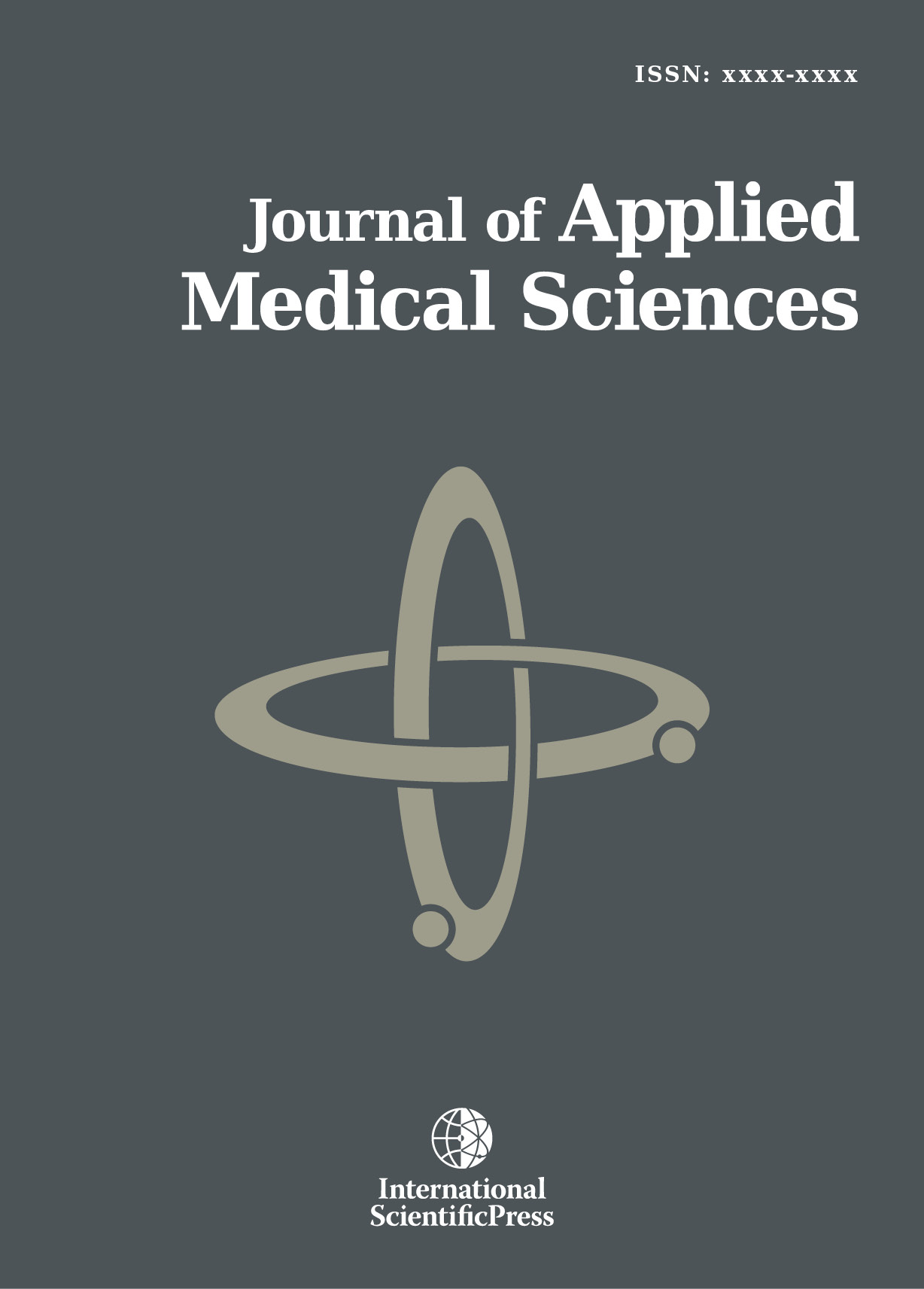Journal of Applied Medical Sciences
Comparative Assessment of Knowledge Gap on Diabetes Mellitus Among Diabetic and non-diabetic Residents of a Rural Community in Enugu state, Southeast, Nigeria
-
 [ Download ]
[ Download ]
- Times downloaded: 10496
-
Abstract
Hyperglycaemia is main feature of diabetes mellitus. Type 1 and Type 2 are main categories. Symptoms are polyuria, polydipsia, polyphagia, blurring of vision and weight loss. It is preventable but has some risk factors, and complications. This study compared the knowledge on diabetes among diabetic and non-diabetic residents of a rural community in Enugu State, Nigeria. It was a cross-sectional study carried out during a medical outreach activity. Glucometer was used to determine the level of blood sugar, among the respondents. Pretested interviewer administered questionnaire was used for data collection, and SPSS 20.0 for windows was used for analysis. Among the 296 respondents interviewed and tested, 25 (8.4%) had diabetes mellitus while 271 (91.6%) are non-diabetic. Overwhelming percentage of diabetics had better knowledge on the parameters studied. The score of diabetics on the types, prevention, and risk factors of diabetes mellitus was 47.0%, while non-diabetics scored 16.3%. The difference in knowledge is statistically significant. For symptoms and complications, diabetics scored 57.2%, while non-diabetics scored 16.1%. The difference is also statistically significant. Health educating rural dwellers will equip them with the knowledge of DM prevention and management, and ultimately reduce the cases of DM in the rural areas.
